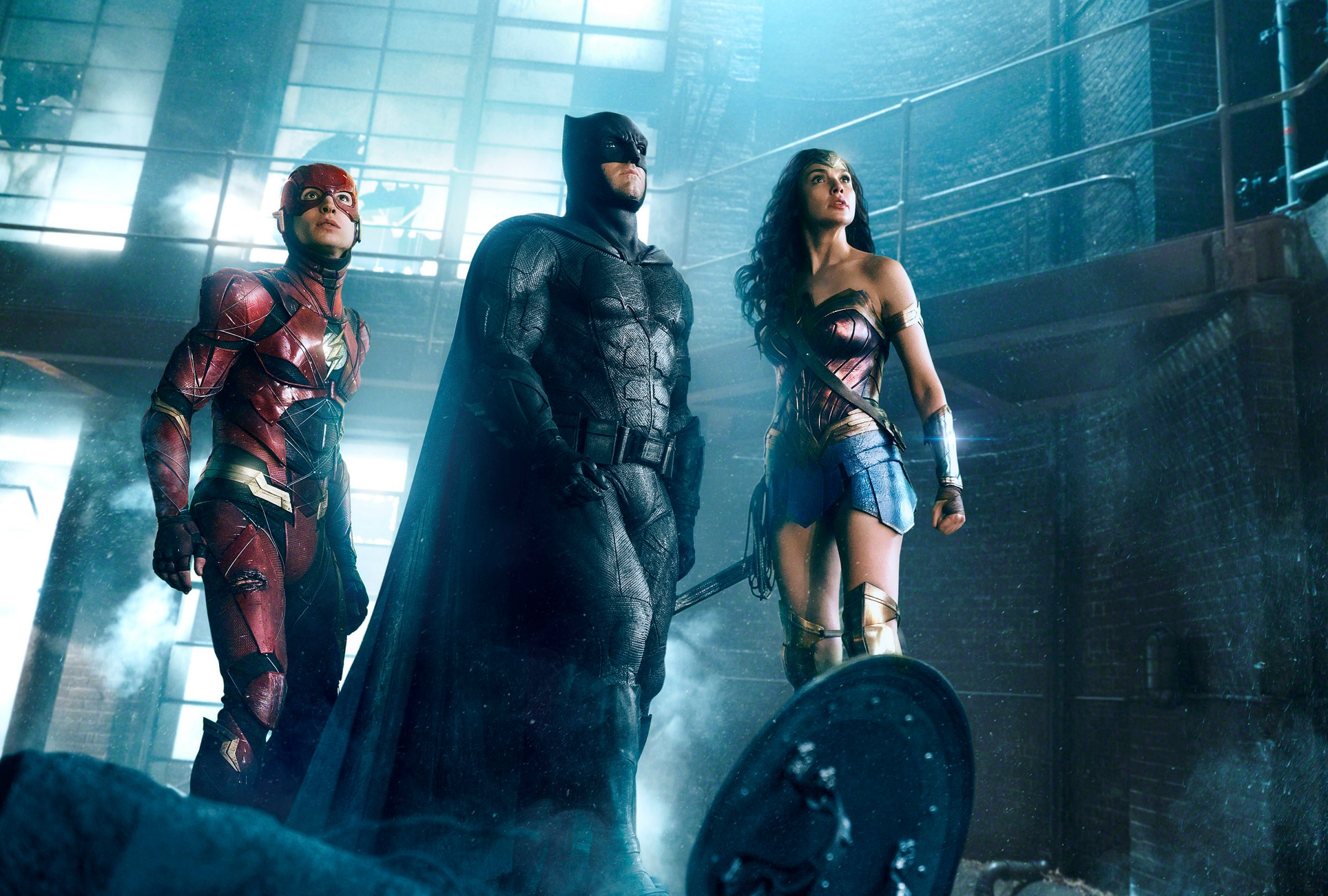
The Flash hasn’t been canceled—yet.
Despite recent charges for felony burglary and assault and allegations of grooming, Ezra Miller is still set to reprise their role as speedy superhero Barry Allen in a solo movie, The Flash, on June 23, 2023 next year. Miller announced on Monday that they are seeking help for their “complex mental health issues.”
“Having recently gone through a time of intense crisis, I now understand that I am suffering complex mental health issues and have begun ongoing treatment,” Miller said in a statement. “I want to apologize to everyone that I have alarmed and upset with my past behavior. I am committed to doing the necessary work to get back to a healthy, safe and productive stage in my life.”
Read more: A History of the Allegations Against Ezra Miller
In the past several years, Miller has been accused of choking a woman, throwing a chair that struck another woman in the face, and behaving inappropriately toward underage children, among other allegations. Their decision to begin treatment comes after months of silence. The bad press has reportedly jumpstarted talks at Warner Bros. about whether to shelve the $200 million movie that was meant to tie together the various parallel universes in the DC Extended Universe.
Here’s what to know about the future of The Flash and DC superhero movies, given the controversy brewing around Miller.
What is the plot of The Flash?
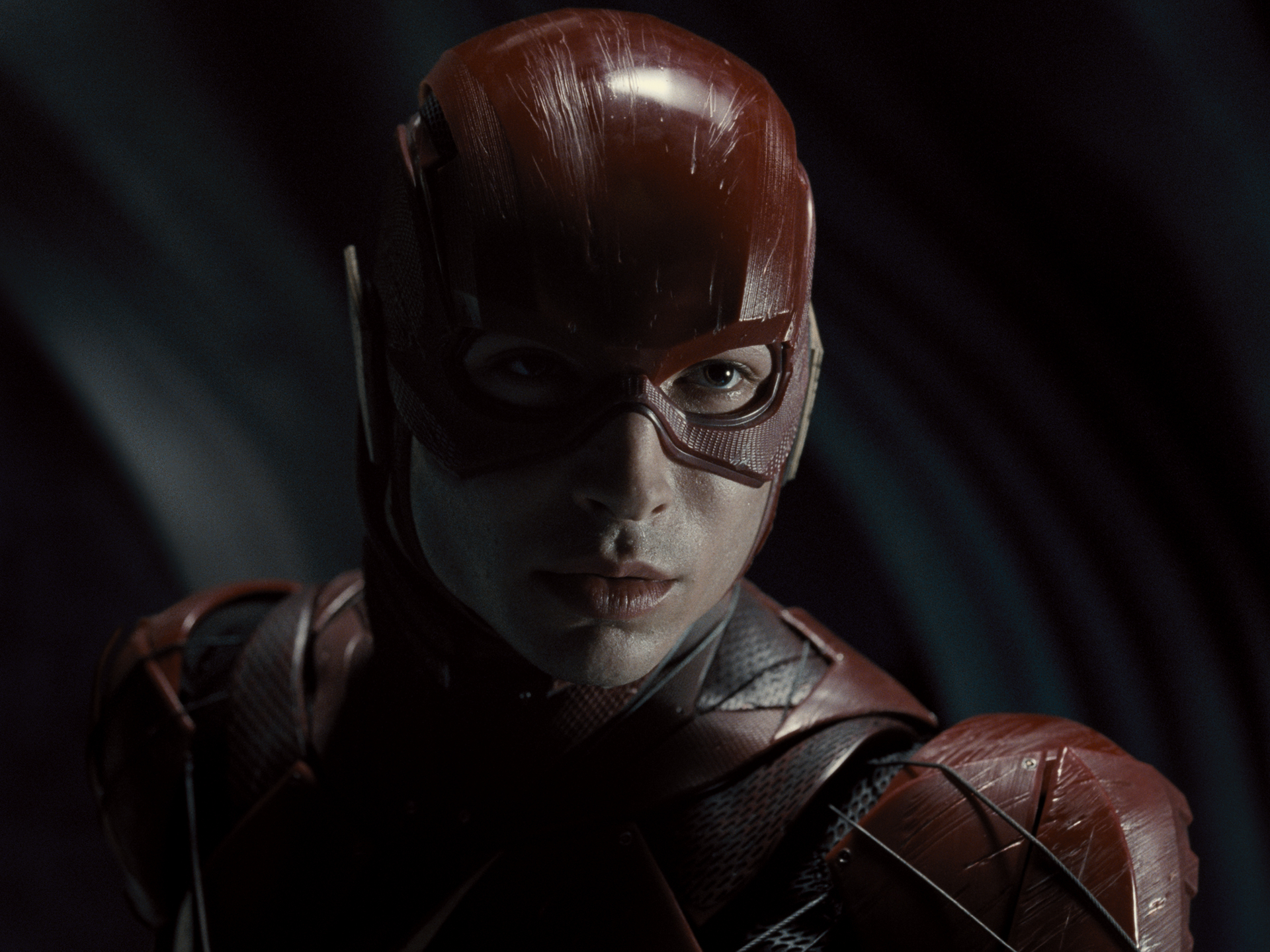
In the comics, The Flash has long been closely associated with the multiverse. The character of Barry Allen has the power of superspeed and is so fast that he can traverse time and space.
Ezra Miller’s Barry Allen made his onscreen debut in Justice League. In Zack Snyder’s cut of the film, Barry travels through time to prevent alternate apocalyptic futures from coming to pass. He also briefly appeared in The Flash TV show, in which he interacted with the TV version of Barry Allen, played by Grant Gustin. That series established that different versions of the character exist in parallel universes.
Read more: The Snyder Cut Is a Better Version of Justice League. But It Sets a Dangerous Precedent
The character’s solo movie, The Flash, will be loosely adapted from DC’s famous Flashpoint comic, in which Barry Allen changes his universe after traveling back in time in order to try to prevent his mother’s death. Barry’s time travel shenanigans accidentally create an apocalyptic present, and the sueprhero has to try to reverse the events.
We know from the trailer for The Flash that, in an effort to restore normalcy, Barry must team up with different versions of Batman, an alternate universe version of himself, and a version of Supergirl.
Why is The Flash important to the DCEU?
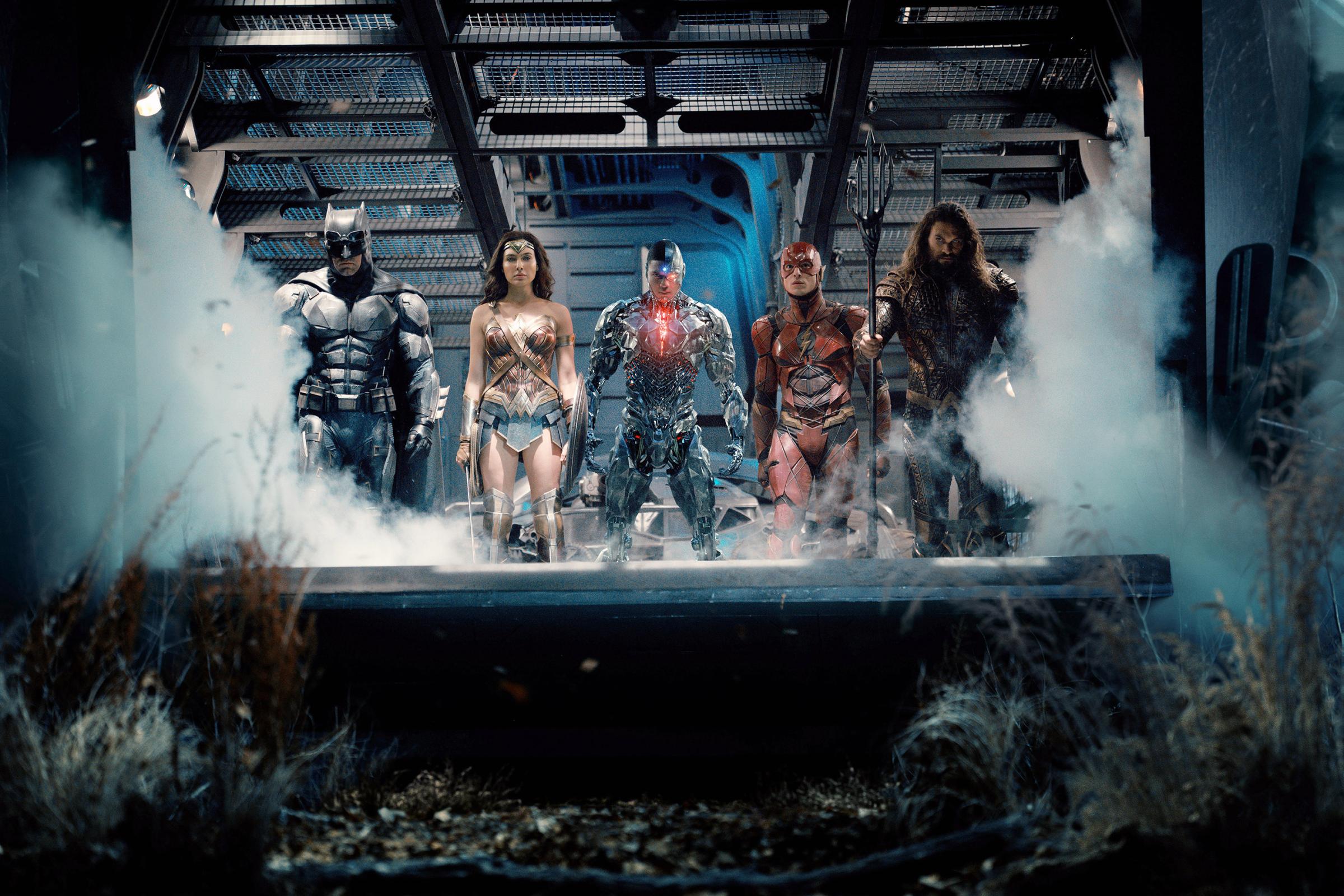
The comic book version of Flashpoint allowed the writers to reboot the universe and rethink many characters. Presumably, the movie version could do the same for a disjointed and chaotic DCEU.
The studio billed The Justice League as DC’s answer to The Avengers franchise. But the film struggled at the box office and several key players, including Superman actor Henry Cavill and Batman actor Ben Affleck, have since expressed their desire to leave the superhero universe. Meanwhile, Gal Gadot’s Wonder Woman and Jason Momoa’s Aquaman are set to continue their individual franchises. Warner Bros. has said it does not intend to carry on the storyline that Zack Snyder had begun to build with Batman v. Superman: Dawn of Justice and his cut of The Justice League.
Meanwhile, DC has been churning out tons of movies that have nothing to do with one another. The studio has introduced three separate Batman franchises, one involving Affleck, another in which Joaquin Phoenix plays the Joker while Bruce Wayne is still a child, and yet another in which Robert Pattinson plays the Caped Crusader. As far as we know, these Batmen all exists in different universes.
The studio also produced a sequel-slash-reboot of The Suicide Squad with James Gunn’s Suicide Squad (note the missing article) without ever quite answering the question of ho the two films related to each other and whether Gunn’s version continues to exist in the same universe as Affleck’s Batman and Miller’s The Flash. And the forthcoming antihero movie Black Adam, starring Dwayne “the Rock” Johnson, may exist in one or none of these universes.
Read more: Here Are All the Upcoming DCEU Movies and TV Shows
We do know that the DCEU, like the Marvel Cinematic Universe, is a multiverse. This hasn’t been outright stated in the movies themselves. But in 2020, the head of DC Films Walter Hamada laid out a plan for the future of the DCEU that involved different events taking place in parallel universes, which he dubbed “Earth One,” “Earth Two,” etc.
The Flash was set to connect all these various storylines and explain what the heck is going on in this cinematic world, much like Doctor Strange in the Multiverse of Madness in the Marvel Cinematic Universe introduced and linked parallel timelines. Warner Bros. has revealed that in The Flash, Barry Allen will encounter at least two different Batmen from different universes: Ben Affleck’s from the Snyder films and Michael Keaton’s from the Tim Burton films. It would be the first time Keaton donned Batman’s cape in 34 years, and the trailer suggests he plays a major role in the movie.
The Flash might also give Warner Bros. the opportunity to hit the reset button. The studio could fulfill Affleck’s wishes to retire from franchise fare by killing him off or recasting the part through parallel timeline shenanigans. They could also kill off whichever other characters aren’t working and replace them with new people and storylines.
How will Ezra Miller’s career uncertainty affect The Flash?
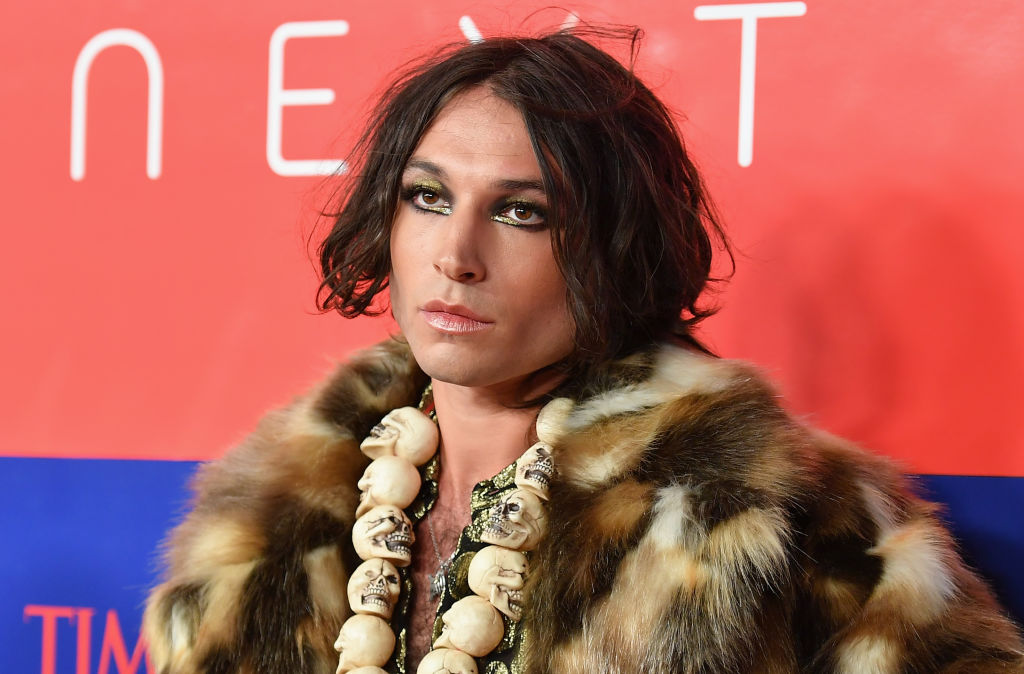
A story from The Hollywood Reporter suggested that Warner Bros. planned to release the movie if Miller sought treatment and, later, gave interviews explaining the arrests. Earlier this month, Warner Bros. Discovery CEO David Zaslav said that the studio is “committed to theatrical releases for a number of DC films including The Flash.”
But that same report also suggested that Warner Bros. would consider shelving the movie if Miller continued to behave badly. Considering Miller plays the film’s titular character, it is unlikely the movie could mount a successful marketing campaign for the film, at least as things stand now, without significant backlash.
As if the decision weren’t already complicated enough, Miller is at the center of yet another major Warner Bros: franchise: the Fantastic Beasts movies. The studio has continued to release those Harry Potter prequels despite mounting controversy around author J.K. Rowling, former star Johnny Depp, and now current star Miller. The studio’s release strategy for Fantastic Beasts might indicate that bad headlines will not deter them from churning out their expensive franchise fare.
Warner Bros. did not immediately respond to request for comment on the future of The Flash film and DCEU franchise.
Is Warner Bros. rethinking the entire DCEU?
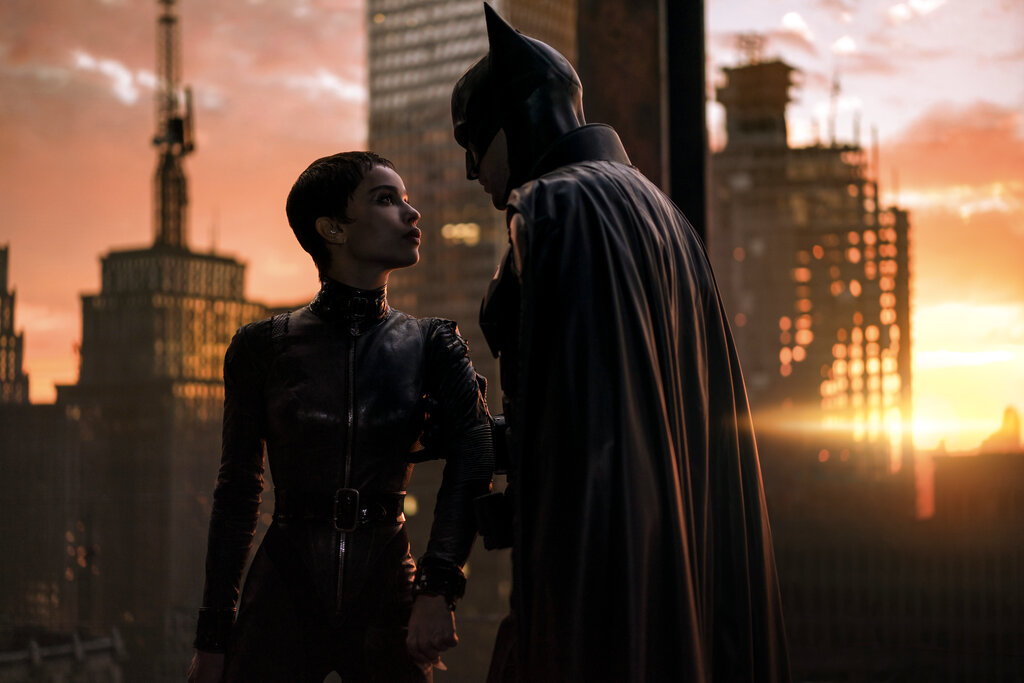
The fate of the DCEU may hang in the balance.
After trying to take on Marvel at the box office pre-pandemic and largely falling flat, Warner Bros. has taken a “see what sticks” approach to churning out DC superhero films. Any hope for a cohesive storyline across all the movies and television series seems to be lost.
That’s probably fine with fans: Keeping up with a dozen movies and TV shows per years to understand what is going on in the MCU can be exhausting. And Warner Bros. has found success with individual blockbusters, like The Batman and Aquaman.
But the question of whether to shelve The Flash comes amid a major shakeup at parent company Warner Bros. Discovery. The studio surprised Hollywood by canceling the near-completed $90 million Batgirl film that had been made for HBO Max. Warner Bros. Discovery contextualized the decision within a larger strategy to pivot away from making films for streaming. That’s a major shift for a studio that released all its films directly to streaming for a year during the pandemic to build up HBO Max subscriptions.
Still, the Batgirl cancellation suggests that few properties in the DCEU are safe—whether they are made for the big or small screen. According to The Hollywood Reporter, Hamada nearly quit after the Batgirl cancellation. If he does end up leaving, a new head of DC films could completely retool the universe.
Read more: What the HBO Max-Discovery+ Merger Means for Viewers—and the Future of the Streaming Wars
What comes next in the DCEU?
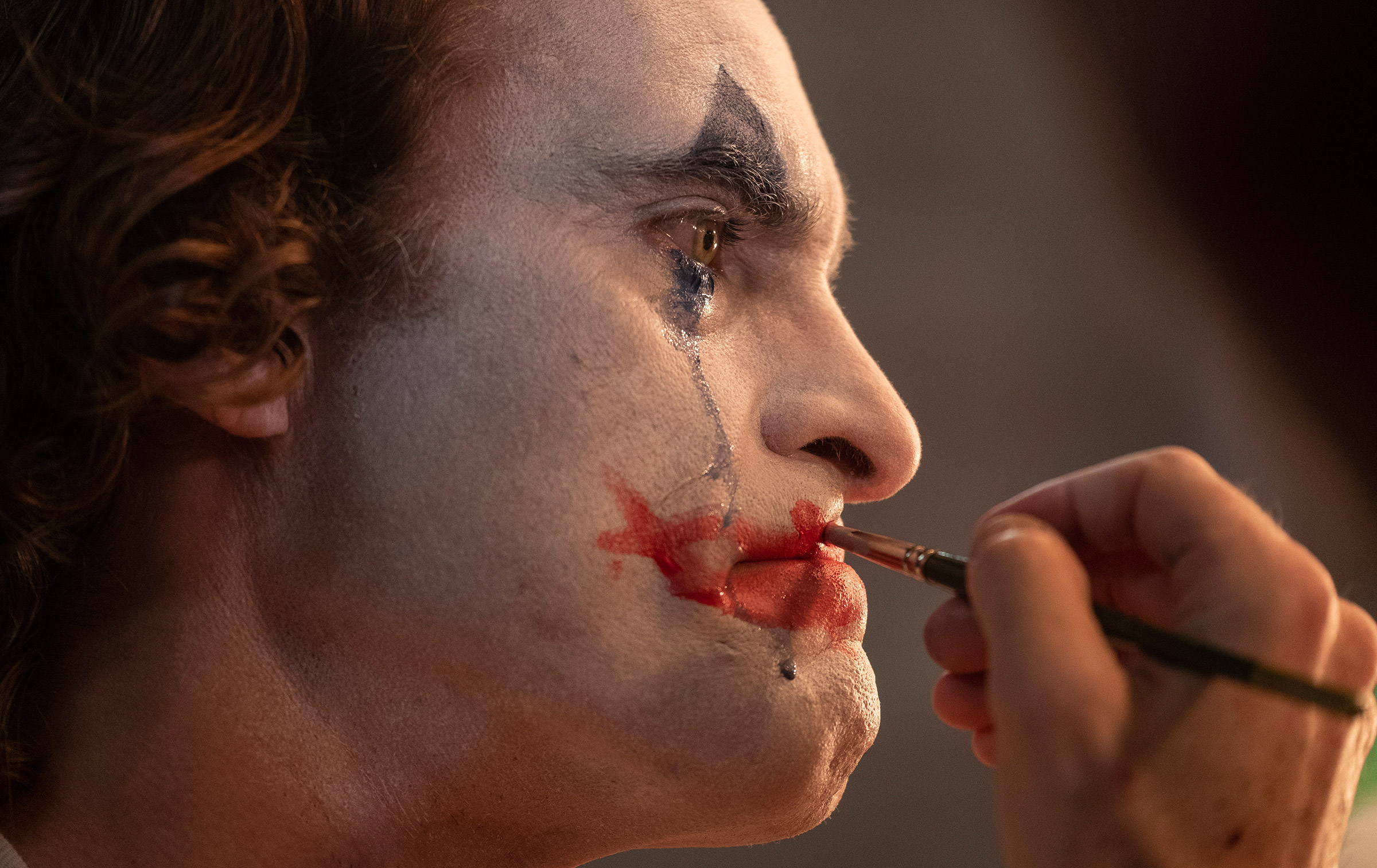
Black Adam and Shazam! Fury of the Gods are set to hit theaters in the back half of this year, and Aquaman and the Lost Kingdom, The Flash, and Blue Beetle remain on the schedule for 2023.
After that, Warner Bros. has confirmed they’re working on several sequels to recent hits, including a third Wonder Woman movie with director Patty Jenkins and star Gadot, a sequel to The Batman with Matt Reeves returning to write and direct and Pattinson reprising the role of the Dark Knight, and—perhaps most surprisingly—a musical followup to The Joker starring none other than Lady Gaga as Joker’s paramour Harley Quinn.
It’s unclear whether The Flash impacts the plots of any of these films such that removing the film from the slate would wreak havoc on the studio’s larger plan for the DCEU. But no doubt the more pressing concern for Warner Bros. is whether they can earn back the money they’ve invested in a film that was supposed to welcome back a fan-favorite character in Keaton’s Batman and launch a new star in the franchise. Given Miller’s unpredictable ups and downs of late, those dreams may be dashed.
More Must-Reads from TIME
- Cybersecurity Experts Are Sounding the Alarm on DOGE
- Meet the 2025 Women of the Year
- The Harsh Truth About Disability Inclusion
- Why Do More Young Adults Have Cancer?
- Colman Domingo Leads With Radical Love
- How to Get Better at Doing Things Alone
- Michelle Zauner Stares Down the Darkness
Write to Eliana Dockterman at eliana.dockterman@time.com